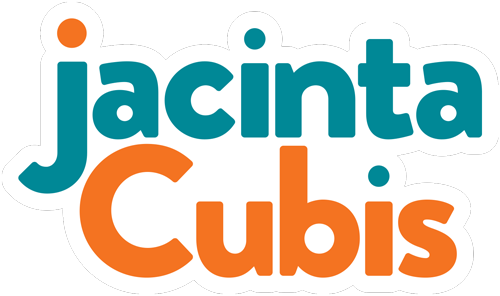Bike Rack
The bike rack still catches people by surprise. It used to be called a ‘parking lot’.
It’s where we store those ideas and issues that are off topic.
Say a group is grappling with the problem of parking for too many cars in small city streets. School pick-up and drop-off arrangements are related, but not how the students behave on public transport.
But it’s important for Maureen*.
She’s now avoids travelling on trams between 3 and 4pm on weekdays—around the time she usually comes home with her shopping. It got too hard navigating around the kids’ discarded school bags with her shopping. She was irritated by them sprawling across the seats. And few stood up to offer her a seat.
Maureen is as concerned about parking in her suburb as her neighbours. She also wanted to tell the Council officers about the school kids too. She wasn’t sure if they could do anything. She’d been brushed off by the school and her letters to the tram company had gone unanswered.
Photo Credit: Jacinta Cubis
The bike rack often stays empty, like this one. But I always have one. It gives people a little space to share something that’s on their mind. It’s reassuring to see it written on the bike rack.
If there are ideas on the bike rack at the end of a workshop, I usually ask the group what we might be able to do about them. Time and again, I’ve witnessed a Council or government officer chat with people like Maureen in a break, to see if and how they can help her talk with the school about her experience.
It might not be relevant to the topic at hand if it’s on the bike rack. But it’s vitally important to the person who ‘parked’ it there. It’s not perfect, but I think it’s (fl)awesome.
“The most basic of all human needs is the need to understand and be understood. The best way to understand people is to listen to them.” Ralph G. Nichols
Be (fl)awesome!

